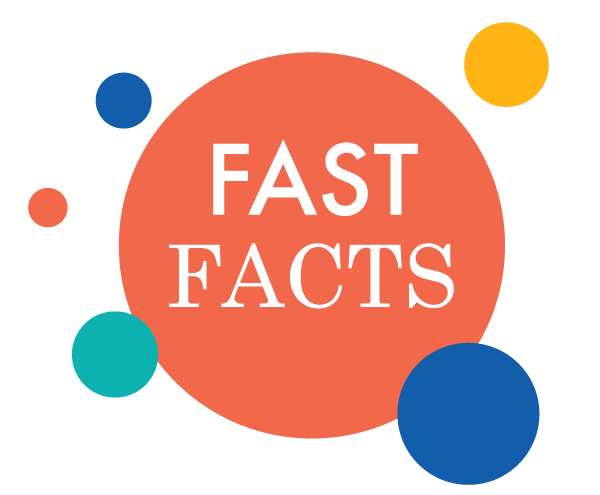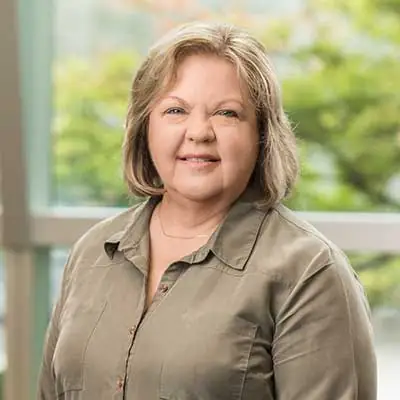The kidneys are two organs that are responsible for filtering waste and toxins out of the bloodstream. If your child’s kidneys aren’t functioning correctly, your child may need to see a nephrologist — a provider who specializes in kidney disease.
At Children’s Nebraska, our nephrology team diagnoses and manages many different kidney diseases, ranging from mild to severe.
Make An Appointment
Nephrology
Phone 402-955-4003| Fax 402-955-4128
Dialysis
Phone 402-955-5333| Fax 402-955-6129
What Sets Children’s Apart?
We understand that children have unique needs and different ways of communicating than adults. As the only hospital in the region that is solely dedicated to caring for children, adolescents, and teenagers, we know how to meet these needs and make sure that your child is getting the most age-appropriate care.
Our pediatric nephrologists are board-certified, meaning they have the highest level of training and are especially knowledgeable about the unique needs of children. We are also the only pediatric dialysis center in the area.

- Every day, your kidneys filter about 120 to 150 quarts of blood to produce about 1 to 2 quarts of urine. Children do not produce as much urine as adults, and the amount depends on their age.
- Kidneys are among the most commonly needed organs in US children ages 1 to 17 who are awaiting organ transplants.
- In the US, as many as 2% of boys and 8% of girls will get urinary tract infections by their 8th birthday.
Conditions We Treat
There are many types of kidney disease. Here are some of the diseases we most commonly treat.
-
Hypertension (High Blood Pressure)
Hypertension, or high blood pressure, occurs when the force of blood pushing against the walls of the blood vessels is too high, which can damage the delicate tissues inside the arteries over time. It also forces your child’s heart and blood vessels to work harder and less efficiently to transport blood throughout the body.Over time, this can lead to kidney failure.
Untreated hypertension can cause the arteries in the kidneys to weaken, harden, or narrow. As they become increasingly damaged, they cannot deliver enough blood to the kidney tissue. The nephrons — tiny structures in the kidneys that filter blood — don’t receive the nutrients and oxygen they need to function.
Additionally, untreated hypertension can cause other serious health problems in the future, such as an increased risk of vision loss, speech or movement problems, heart attack, or stroke.
-
Kidney Failure
Chronic kidney disease occurs when the kidneys are damaged and unable to filter blood the way they should. The damage happens slowly over a long period of time.The last stage of chronic kidney disease is called kidney failure. At this point, the kidneys are only functioning at about 15%.
If your child has kidney failure, waste and excess fluids can build up in their body, causing them to have symptoms such as:
- Daytime sleepiness
- Difficulty sleeping at night
- Headaches
- Itchiness
- Little or no urine
- Loss of hunger or taste
- Muscle numbness, weakness, or cramps
- Painful, stiff joints
- Problems with memory or focusing
- Stomach aches
- Weight loss
Over time, kidney failure can lead to serious health conditions, such as high blood pressure, heart disease, or bone disorders.
Your child’s treatment plan will be tailored to their needs, and may include one of the following options:
- Hemodialysis: the blood is filtered by a dialyzer or “artificial kidney” to remove wastes and water
- Peritoneal dialysis: a dialysis solution is pumped into the body through a catheter (soft tube) that has been inserted into the belly. The solution absorbs excess waste and fluid. After a few hours, it is drained from the belly, and a fresh dose of solution is pumped in.
- Kidney transplant: a surgical procedure to replace the failing kidney with a healthy kidney from a donor. The donor may be alive or recently deceased.
-
Kidney Stones
Kidney stones are hard deposits of minerals and salts that form inside the kidneys due to high levels of certain minerals in the urine. A kidney stone may not cause symptoms until it moves around in the kidney or through the ureter, the tube connecting your kidney and bladder.If that occurs your child may start to experience:
- Cloudy or foul-smelling urine
- Nausea and vomiting
- Pain in the back, side, or below the ribs
- Pain that comes in waves and differs in intensity
- Pain when urinating
- Pink, red, or brown urine
A small stone can often pass through the urinary tract and out of the body on its own, causing little or no pain. However, a larger stone can get caught in the ureter (tube that brings urine from the kidneys to the bladder), blocking the flow of urine and causing pain.
If the stone blocks the urinary tract or causes severe pain, we may need to remove it with surgery or by shock wave lithotripsy — a procedure that breaks the stone into small pieces so that it can pass without surgery. We also recommend having your child drink plenty of water to help move the stone along and keep their body hydrated.
-
Nephrotic Syndrome
Childhood nephrotic syndrome is not a disease, but a group of symptoms that point to kidney damage and result in too much protein passing from the body into urine. Kidney damage results in protein from the blood leaking into the urine.There are two types of nephrotic syndrome: primary and secondary. Primary nephrotic syndrome is more common and begins in the kidneys, remaining in that area. Secondary nephrotic syndrome is caused by other diseases, such as diabetes, hepatitis, or lupus. Signs or symptoms of both types of nephrotic syndrome may include:
- Blood in the urine
- Diarrhea
- Swelling of the legs, feet, and ankles or sometimes the hands or face
- High blood pressure
- Higher blood cholesterol and fat levels than normal
- High levels of the protein albumin in the urine
- Loss of appetite
- Low levels of albumin in the blood
- Symptoms of infection, like fever, tiredness, or abdominal pain
-
Urinary Tract Infection (UTI)
A urinary tract infection (UTI) occurs when bacteria gets into the kidneys or bladder. It can cause pain with urination, frequent need to urinate, pressure in the lower pelvis or lower back, or a general ill feeling.UTIs may not always have signs or symptoms, but some common symptoms are:
- Burning sensation when urinating
- Cloudy urine
- Persistent, strong urge to urinate
- Red, bright pink, or dark brown urine
UTIs are treated with antibiotics. Infants under 6 months may need to stay in the hospital to receive antibiotics through an IV during treatment.
Hydration & Your Child’s Kidneys
Making sure your child stays hydrated is one of the best ways you can help protect their kidneys — but not every beverage will do the trick.
Sugar-sweetened beverages, such as juice or soda, can increase the risk of kidney stones or other kidney diseases. They can also increase your child’s risk of high blood pressure, which can lead to kidney disease.
The best source of hydration is water. Water helps the kidneys remove waste from the blood in the form of urine, and also helps blood travel through the kidneys and the entire body.
Our Specialists
Additional Clinics
Children’s Specialty Pediatric Clinic – Sioux City
Children’s Specialty Pediatric Clinic – Lincoln (Beginning in January, 2023)
What To Do Next
For Patients
To make an appointment, contact us at 402-955-5333.
For Referring Providers
The Physicians’ Priority Line is your 24-hour link to pediatric specialists at Children’s for emergency and urgent consults, physician-to-physician consults, admissions, and transport services. Call 855-850-KIDS (5437).
Learn more about referring patients.









